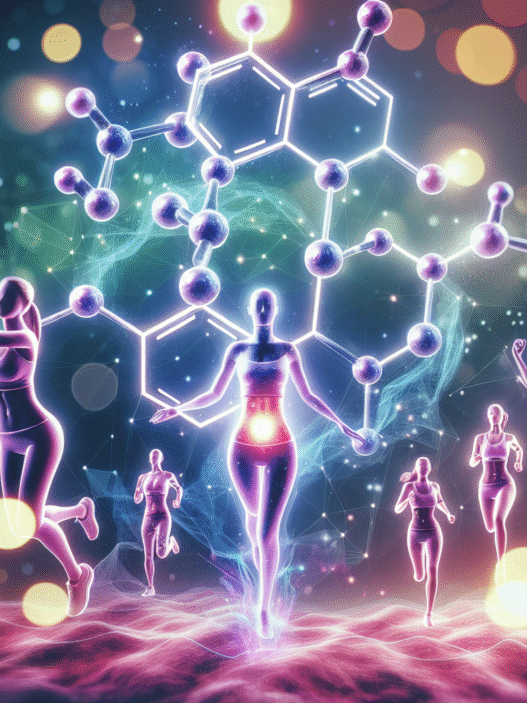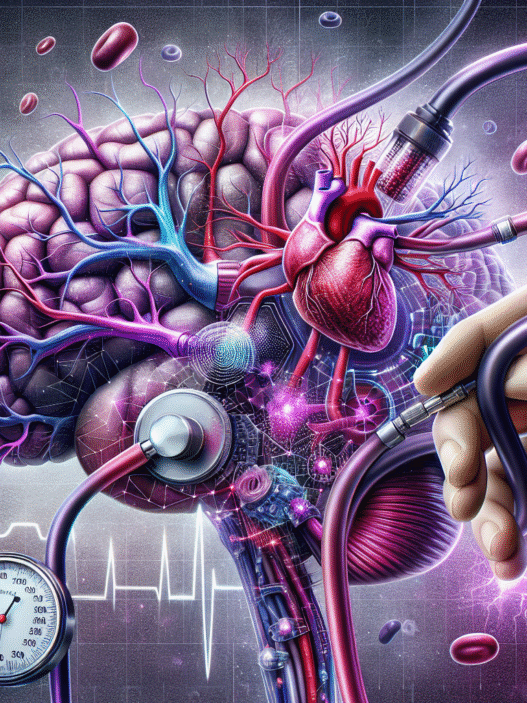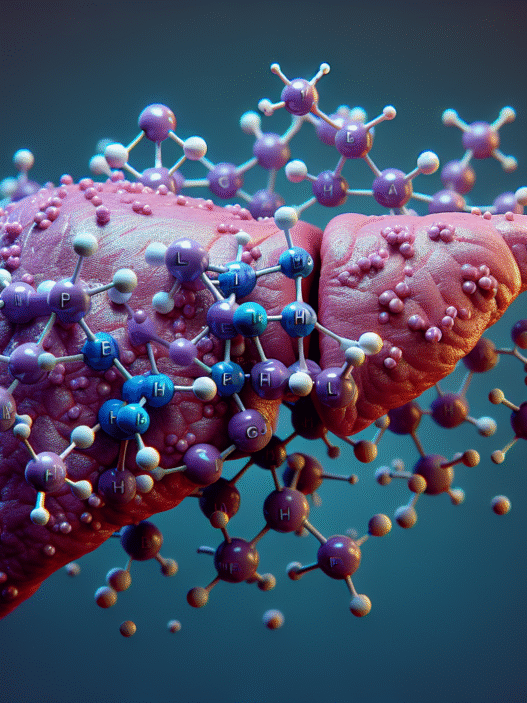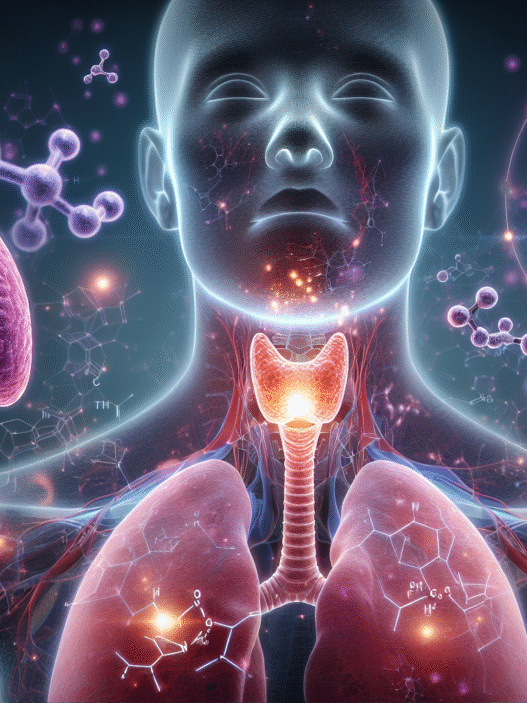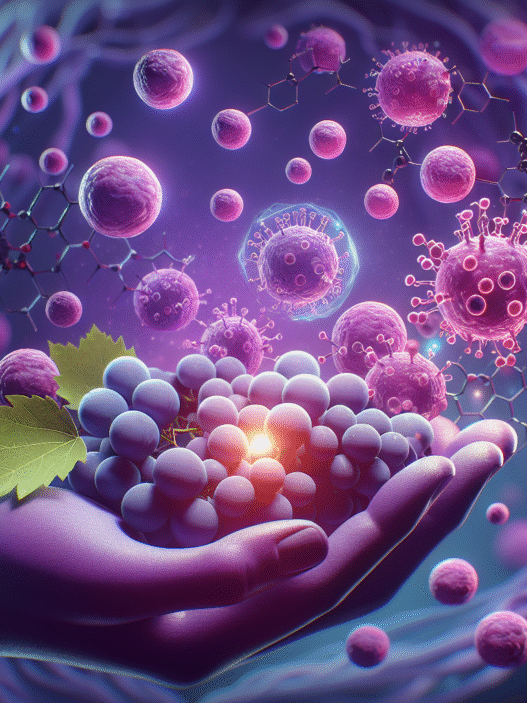Understanding Resveratrol
Resveratrol is a natural compound found in various plants, especially in the skins of grapes, berries, and some nuts. It has drawn significant attention for its potential health benefits, particularly in the areas of anti-aging and disease prevention.
Exploring Resveratrol Benefits
Resveratrol supplements have been linked to numerous health advantages, including the protection of brain function and the ability to lower blood pressure. According to Healthline, this compound may be beneficial for cardiovascular health, enhancing overall well-being.
Resveratrol’s benefits can be attributed to its antioxidant properties, which help neutralize harmful free radicals in the body, contributing to cellular protection and longevity. Additionally, it may improve blood lipids by reducing the oxidation of “bad” LDL cholesterol while promoting “good” HDL cholesterol levels.
To summarize, here are some notable benefits of resveratrol:
| Benefit | Description |
|---|---|
| Protects brain function | May shield brain cells from damage by interfering with beta-amyloids. |
| Lowers blood pressure | Increases nitric oxide production, relaxing blood vessels. |
| Improves blood lipid levels | Decreases oxidation of LDL and may boost HDL levels. |
For more details on the benefits of resveratrol, you can explore our article on what are the benefits of taking resveratrol?.
Impact on Blood Pressure
Research indicates that resveratrol may help lower blood pressure by increasing the production of nitric oxide, which causes blood vessels to relax (Healthline). This relaxation effect can enhance blood flow, potentially reducing the risk of hypertension-related complications.
In studies, resveratrol has shown the following impacts on blood pressure:
| Study Focus | Findings |
|---|---|
| Nitric oxide production | Increased levels leading to relaxed blood vessels. |
| Effect on cholesterol levels | Decreased LDL oxidation and potential increase in HDL. |
For those considering how resveratrol can fit into their health regimen, it’s essential to consult with a healthcare provider, especially regarding potential interactions and the appropriateness of its use. Those interested in the implications of daily resveratrol intake should check our article on is it okay to take resveratrol every day?.
By integrating resveratrol into a nightly routine, individuals may harness its potential benefits for improved health outcomes.
Resveratrol and Brain Health
Protection Mechanisms
Resveratrol has demonstrated potential in safeguarding brain health by interacting with beta-amyloids—compounds associated with neurodegenerative diseases like Alzheimer’s. It triggers protective events that help shield brain cells from damage. Moreover, research indicates that resveratrol possesses antioxidant and anti-inflammatory properties that are beneficial for combating diseases such as cancer, diabetes, and Alzheimer’s (Healthline, WebMD). These properties help in managing inflammation throughout the body, including the brain—a critical factor in the development of conditions like dementia.
Additionally, resveratrol aids in protecting cells from adverse effects caused by disturbances in lipid and glucose metabolism. It does this by restoring the functionality of clock-related genes, which helps prevent cellular damage induced by free fatty acids (NCBI).
| Mechanism | Description |
|---|---|
| Interaction with Beta-Amyloids | May protect against neurodegenerative diseases like Alzheimer’s. |
| Antioxidant Properties | Helps reduce oxidative stress related to brain damage. |
| Anti-inflammatory Effects | Controls brain inflammation that can lead to cognitive decline. |
| Cellular Protection | Shields against disturbances in lipid and glucose metabolism. |
Uncertainty in Effectiveness
While resveratrol activates certain genes that protect against age-related diseases, its effectiveness in humans remains uncertain. There is evidence that it can positively affect individuals with Type 2 diabetes, showing improvements in serum lipid and glucose levels. Specifically, studies indicate that it may reverse insulin resistance, lower blood sugar levels, and reduce elevated blood pressure (WebMD). However, the long-term benefits of resveratrol supplementation for brain health and longevity are not fully understood.
This uncertainty regarding its effectiveness raises questions about the actual impact of resveratrol on human health. Natural Health & Holistic Wellness seekers should consider these factors before incorporating supplementary forms of resveratrol into their routine. For comprehensive insights on the benefits of resveratrol, visit our article on what are the benefits of taking resveratrol?.
Role in Metabolic Disorders
The role of resveratrol in metabolic disorders is gaining attention due to its potential to influence circadian rhythms and its various cellular effects. Understanding these mechanisms can help natural health and holistic wellness seekers appreciate why using resveratrol at night may be beneficial.
Circadian Rhythm Modulation
Resveratrol has shown promise as a modulator of circadian rhythms at both cellular and organismal levels. It impacts metabolism by mimicking the effects of a fasting state in hepatocytes. This results in various metabolic changes including gluconeogenesis induction, phase shifts, and a reduction in the amplitude of gene oscillations.
Research indicates that aging disrupts circadian rhythms, leading to various hormonal and metabolic changes. Dietary interventions, such as resveratrol supplementation, may restore these rhythms and improve metabolic health during aging (NCBI).
| Element | Effect of Resveratrol |
|---|---|
| Gluconeogenesis | Induction |
| Gene Oscillation | Amplitude Reduction |
| Phase Shifts | Induction |
Cellular and Organismal Effects
On a cellular level, resveratrol enhances antioxidant effects by restoring the antioxidant response and eliminating excessive reactive oxygen species. This is crucial for improving redox homeostasis in a circadian clock-dependent manner (NCBI). Given its ability to combat oxidative stress, resveratrol may offer significant advantages in terms of disease prevention and management.
As research progresses, it becomes clearer that resveratrol’s ability to modulate metabolism and circadian rhythms provides a valuable preventive and therapeutic strategy for addressing metabolic disorders and age-related diseases. Its potential to influence circadian rhythm highlights why individuals may choose to incorporate it into their nighttime routine. For more information on the broader benefits of resveratrol, check our article on what are the benefits of taking resveratrol?.
Antioxidant and Anti-inflammatory Properties
Protection Against Diseases
Resveratrol is renowned for its potent antioxidant and anti-inflammatory properties, which play a crucial role in disease prevention. It has been shown to protect against a range of health issues, including cancer, diabetes, and Alzheimer’s disease. According to WebMD, its effectiveness in controlling inflammation throughout the body, particularly within the brain, can be significant in reducing the progression of neurodegenerative diseases.
Research indicates that resveratrol operates by scavenging harmful radicals and minimizing lipid oxidation, thereby protecting cells from oxidative stress. This protective mechanism helps delay the formation of toxic oxidation products within the body, maintaining cellular integrity and promoting overall health.
| Disease | Effectiveness of Resveratrol |
|---|---|
| Cancer | Inhibits carcinogenesis stages |
| Diabetes | Reduces inflammation |
| Alzheimer’s | Slows disease progression |
Impact on Inflammation
The anti-inflammatory properties of resveratrol further enhance its medicinal potential. By effectively controlling inflammation, resveratrol can help mitigate the harmful effects associated with chronic inflammatory conditions. Its capacity to fight inflammation is particularly beneficial for brain health, as it may contribute to slowing the progress of Alzheimer’s disease and other related conditions.
Additionally, resveratrol has demonstrated anticancer capabilities by inhibiting various stages of cancer cell growth, which involves targeting critical signaling pathways associated with cancer progression. This multifaceted approach makes it a valuable addition to a wellness regimen, particularly for those engaged in seeking holistic health solutions.
For individuals exploring the benefits of resveratrol, understanding how it fits into an overall strategy for maintaining health and preventing disease is essential. For a deeper dive into its advantages, visit our article on what are the benefits of taking resveratrol?.
Resveratrol for Disease Prevention
Alzheimer’s, Diabetes, and Cancer
Resveratrol, a natural polyphenol found in over 70 plant species, is gaining attention for its potential role in disease prevention, particularly for conditions like Alzheimer’s disease, diabetes, and cancer. Resveratrol has demonstrated beneficial effects against certain types of cancer by inhibiting cancer cell growth, affecting cell signaling, and promoting apoptosis, or programmed cell death. Research indicates it can enhance the effectiveness of chemotherapy by blocking proteins that contribute to chemotherapy resistance (WebMD).
For individuals with Type 2 diabetes, resveratrol has shown promising results in improving serum lipid profiles and glucose levels. It has been noted for its ability to reverse insulin resistance, reduce elevated blood sugar levels, and lower blood pressure (WebMD).
Enhancing Therapeutic Effects
Resveratrol’s effect on metabolic rhythms and its ability to induce SIRT1 make it an important candidate for preventing diseases related to circadian rhythms and metabolic disorders. Its modulation of circadian rhythms at both cellular and systemic levels has been linked to positive outcomes in age-related diseases and cancer.
Clinical trials have highlighted the complexities associated with the therapeutic use of resveratrol, noting its low bioavailability and the need for further research to improve delivery systems and unlock its full potential in humans (PMC).
| Disease | Potential Benefits of Resveratrol |
|---|---|
| Alzheimer’s | Inhibits neuronal damage, supports cognitive function |
| Diabetes | Improves glucose levels, enhances insulin sensitivity |
| Cancer | Blocks cancer cell growth, enhances chemotherapy effectiveness |
Exploring the therapeutic implications of resveratrol can lead to valuable insights for holistic health seekers interested in natural remedies. For additional information, please check our article on what are the benefits of taking resveratrol?.
Dosage and Safety of Resveratrol
Understanding the appropriate dosage and safety of resveratrol is crucial for those considering its potential health benefits, especially in relation to why use resveratrol at night?.
Daily Consumption Considerations
The amount of resveratrol found naturally in foods is typically regarded as safe for daily intake. According to research, low to medium doses of resveratrol can be consumed safely over extended periods. Higher doses, up to 3,000 milligrams per day, have been shown to be safe for use over six months, though some people may experience stomach upset.
| Dosage Range | Safety Level | Duration |
|---|---|---|
| Low to Medium (< 500 mg) | Generally safe | Long-term |
| High (up to 3,000 mg) | Safe for most | Up to 6 months |
Resveratrol’s pharmacokinetics show diurnal variations, meaning the body processes it differently at various times of day. Studies indicate that peak plasma concentrations are reached after morning consumption, suggesting optimal timing may enhance its effectiveness (PubMed Central).
Possible Side Effects
While resveratrol is generally safe for many individuals, potential side effects should be noted. Most people will tolerate low to moderate doses well, but at higher doses, some may experience adverse reactions such as:
- Stomach upset
- Diarrhea
- Nausea
- Headaches
Given these considerations, those interested in resveratrol can weigh the benefits against any possible effects on their health. It is advisable to consult with a healthcare professional before embarking on a resveratrol regimen, especially for individuals with pre-existing conditions or those taking medications. For more information on safety, visit our page on is resveratrol safe for kidneys? or learn about what are the negative side effects of resveratrol?.
Understanding how to use resveratrol effectively can help maximize its health benefits while minimizing any risks associated with its consumption.














